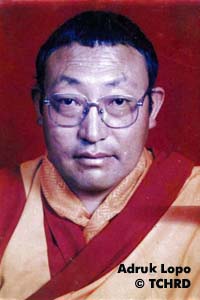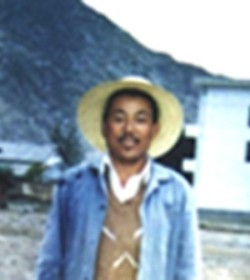The Tibetan Centre for Human Rights and Democracy (TCHRD) deplores the government of the People’s Republic of China’s (PRC) new religious regulatory measures on the selection of reincarnates that come into force from today.
The China’s State Administration of Religious Affairs (SARA) official issuance of 14-article measures on reincarnation which came into effect from today, clearly demonstrates the Chinese Communist Party’s (CPC) adamant attempt to undermine and tarnish the centuries-old Tibetan tradition of religious practice. It also attempts to weaken the authority of legitimate Tibetan religious leaders including the Dalai Lama. The new measure bars any Buddhist monk living outside China from seeking reincarnation for himself or recognizing a “living Buddha” thus effectively ending the centuries-old Tibetan Buddhist practice.


